
by Eric Price | Jun 12, 2020 | Education, Front Page, Uncategorized, Video
IAMAW 141 is extending the deadline for the Adolph Stutz Memorial Scholarship. Applications and essay submissions are now due by August 1, 2020, and winners will be announced by August 15. The student with the best essay will win a $2000 scholarship to help with...
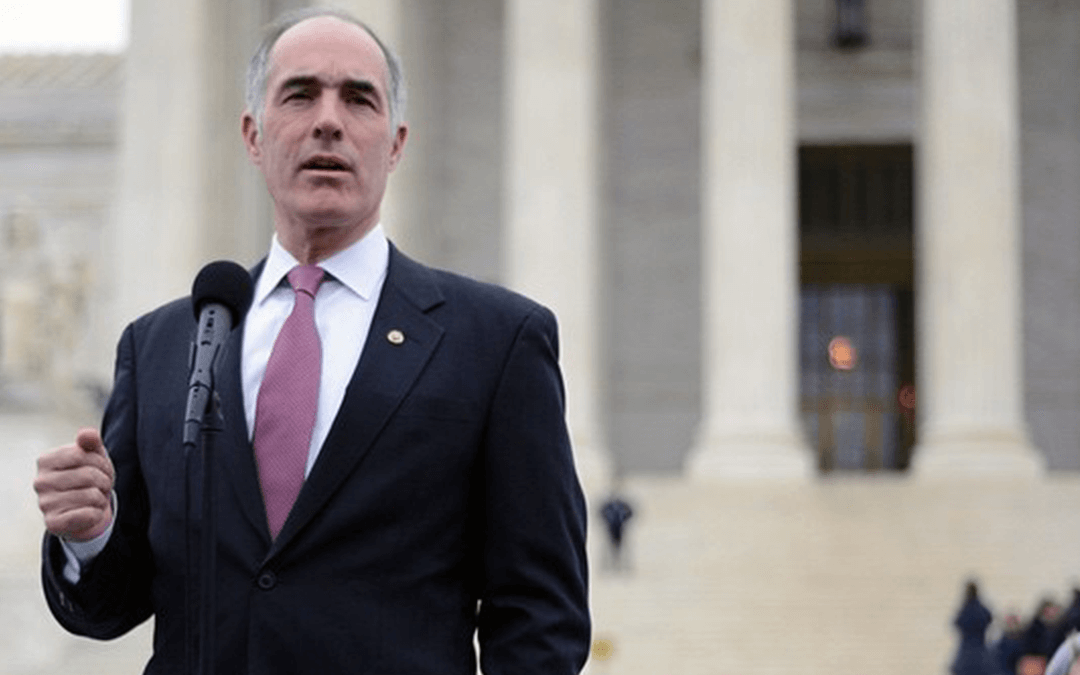
by Eric Price | Jun 10, 2020 | American, COVID, Front Page, Hawaiian, MNPL, Organizing, Philippine, Spirit, Uncategorized, United
Senator Casey: “Reducing workers’ hours without their consent reduces workers’ paychecks in the same way that reducing workers’ rate of pay would.” This week, Senator Bob Casey (D-PA) called on Treasury Secretary Steve Mnuchin to issue clear guidance to...
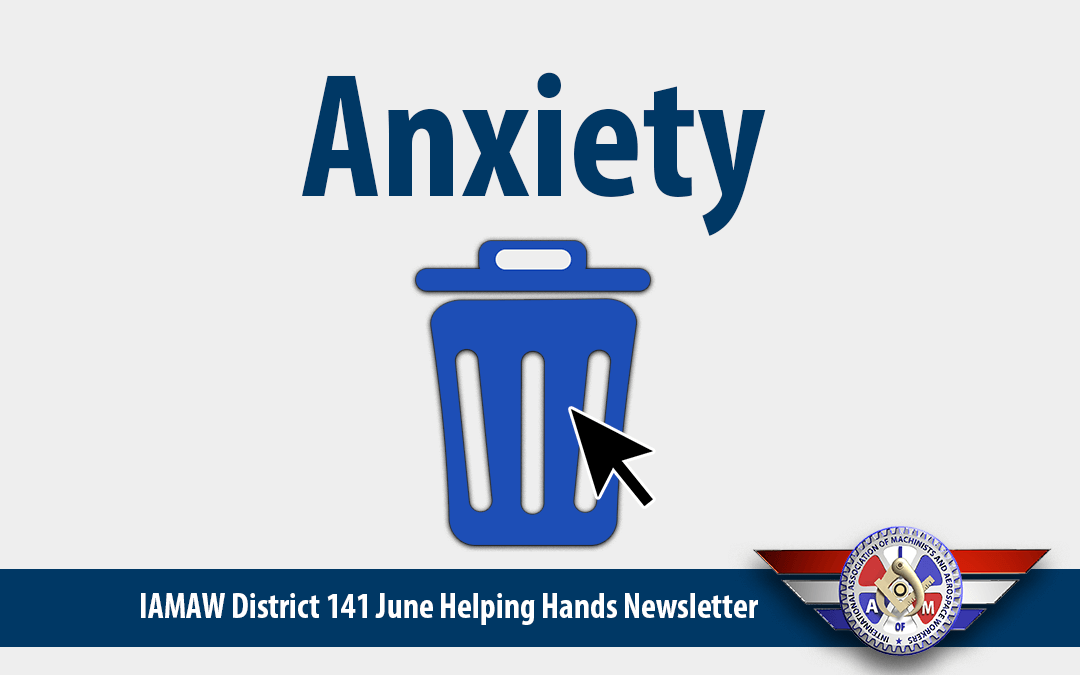
by Eric Price | Jun 5, 2020 | EAP, Front Page, Helping Hands, Uncategorized
EAP Peer Coordinators, Following up on the special editions about the coronavirus in the past few months, this month’s issue focuses on anxiety. Tips about strategies on dealing with stress as we continue to deal with the consequences of the coronavirus are...
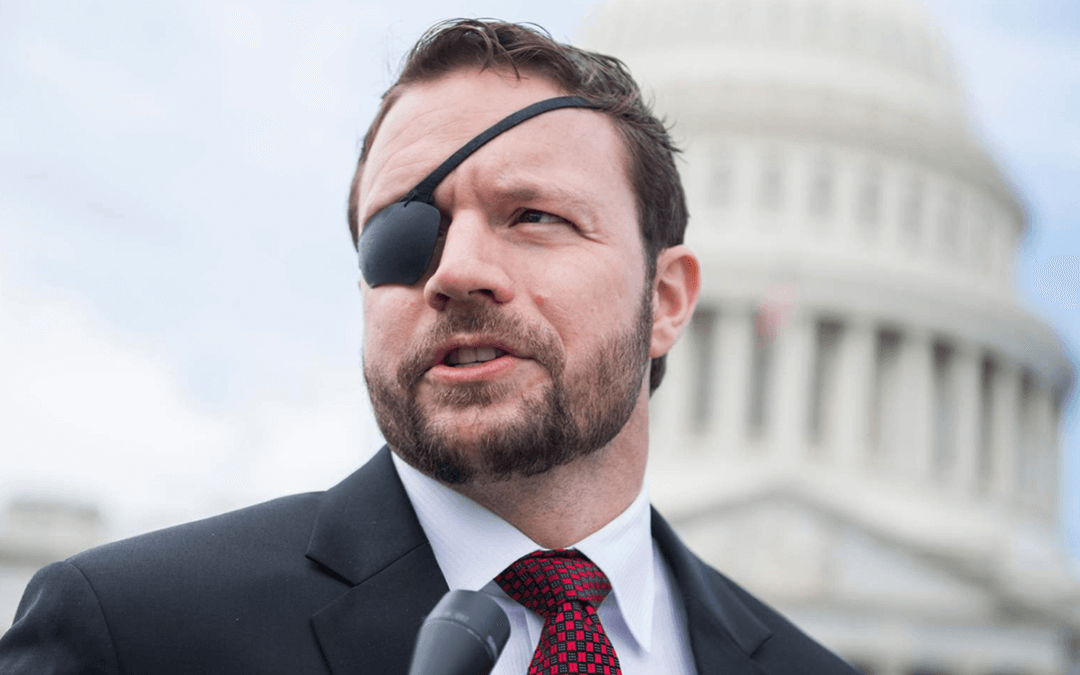
by Eric Price | Jun 3, 2020 | COVID, Featured News, Front Page, Home, Home, MNPL, Row 2, United
/// En Español Another lawmaker has voiced support for the unionized ramp and customer service agents at United Airlines as they continue to push back against proposed furloughs at the airline. This week, Congressman Dan Crenshaw (R-Tx), issued a statement calling on...
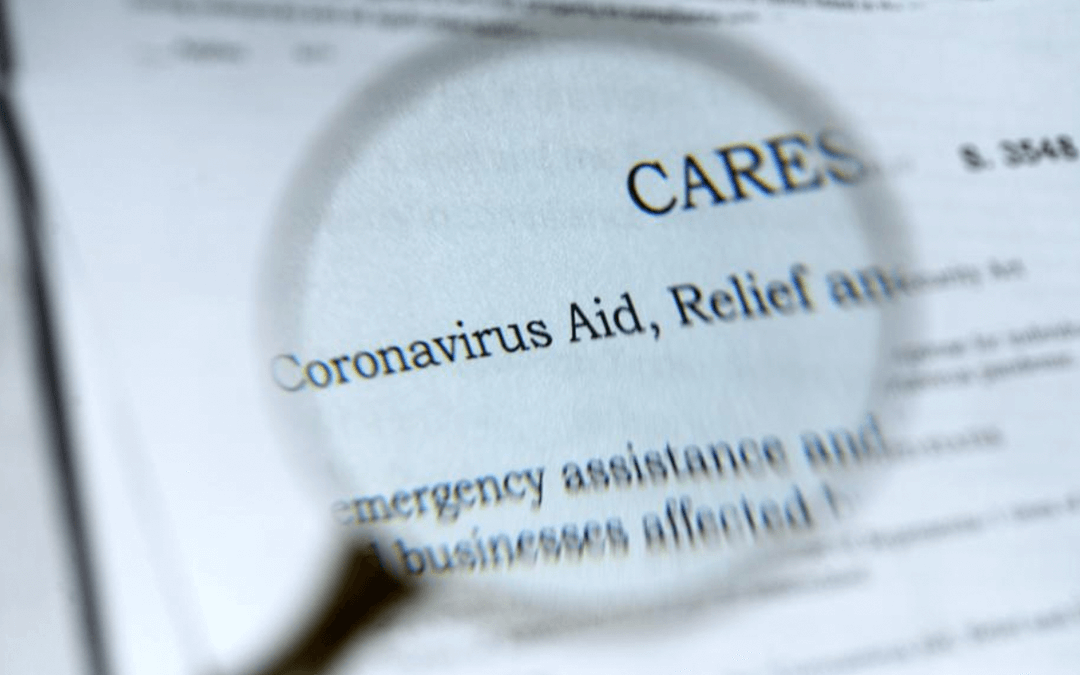
by Eric Price | May 31, 2020 | Front Page, MNPL, Uncategorized
Congress demands better accountability from the Treasury Department in the administration of airline relief funds from the $2 Trillion CARES Act. On May 1st, federal lawmakers began receiving emails and calls from airline employees following United Airlines’...
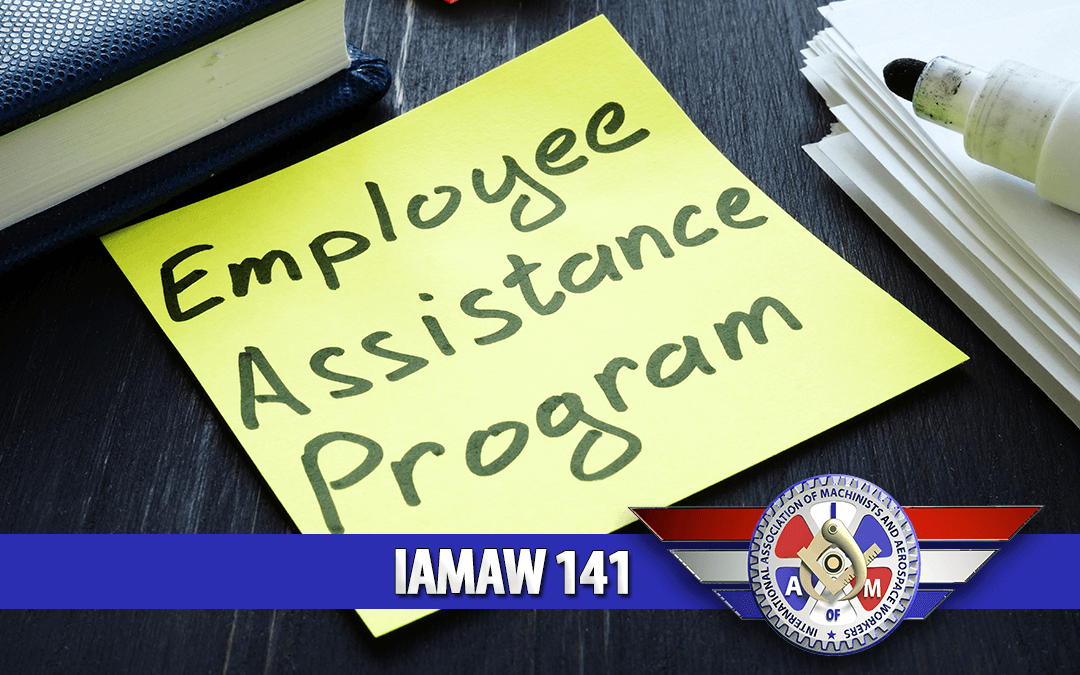
by Eric Price | May 22, 2020 | EAP, Uncategorized, Video
A Conversation with EAP Director, Bryan Hutchinson IAMAW District 141 Employee Assistance Program Director Bryan Hutchinson sits down with Dave Lehive for a conversation about how the EAP is responding to the COVID-19 crisis. The District 141 EAP offers free,...







